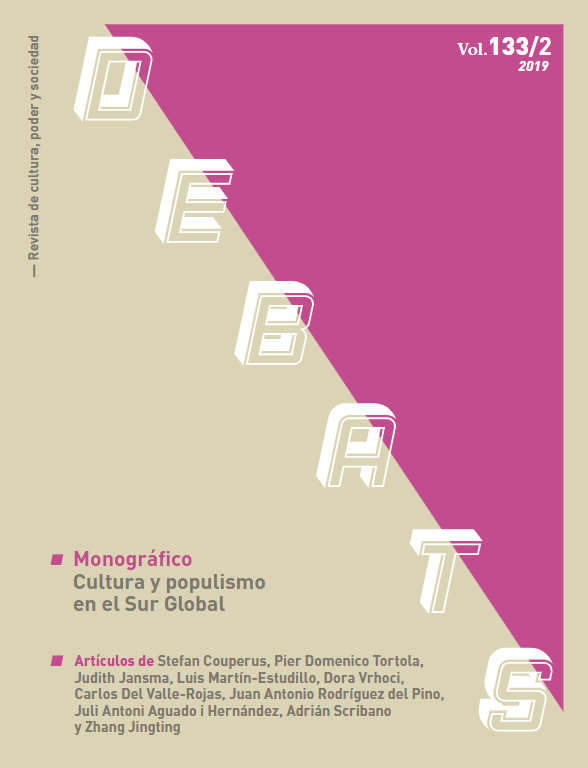Paradise Lost: Explaining Populism as a Response to the Fragmentary Nature of Time, Space, and the Rapid Pace of Technological Advancement
Abstract
Contemporary societies and technologies are evolving at an ever-swifter pace. Advances in the field of Augmented Reality (AR) and in Computer Science at large have led to games that let us immerse ourselves in worlds stuffed with zombies, robots, or pokemon critters. Globalization is making the world ever more interconnected, and the development of diverse social media platforms is
changing the way people engage with politics and culture in their daily lives. Time and space have arguably never been more liquid, fragmentary, and compressed.
Against this host of developments, Postmodern ideas on the fragmentation of time and space, the rupture in personal and national identity narratives, as well as the concept of «utopia,» can provide theoretical tools, shedding light on how various agents react to the rapid pace of technological change (such as Information and Communications Technology (ICT) and digitalization), and subsequent alterations in Man’s perception of time and space. This paper reconstructs the key tenets of Postmodern thinking on cultural phenomena, showing how the changing experience of time and space (induced by globalization, and technological advances) bear on the recent successes of populist parties in Europe and beyond. Furthermore, the paper places populists’ narrative of and nostalgic mourning for an ideal past in a longer continuum of utopian and dystopian thinking. This is then interpreted as an attempt to build a vision of a homeostatic space that, once conceptualized as a rhetorical tool, serves to forge bonds among ‘(good) people’.
Downloads
Downloads
Published
How to Cite
Issue
Section
License
Without prejudice to the provisions of article 52 of Spanish Law 22/1987 of November 11 on Intellectual Property, BOE (official state bulletin) of November 17, 1987, and pursuant to said legislation, the author(s) surrender(s) free of charge its rights of edition, publication, distribution and sale of the article, for its publication in Debats. Journal on Culture, Power and Society.
Debats. Journal on Culture, Power and Society is published under the Creative Commons license system in accordance with the «Recognition - Non-Commercial (by-nc) modality: The generation of derivative works is permitted provided that commercial use is not made. Nor can the original work be used for commercial purposes».
Thus, when the author submits his/her contribution, he/she explicitly accepts this assignment of publishing and publishing rights. Authors also authorize Debats. Journal on Culture, Power and Society to include their work in an issue of the journal to be distributed and sold.











